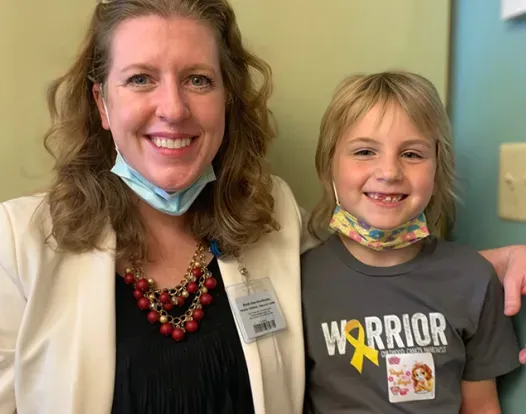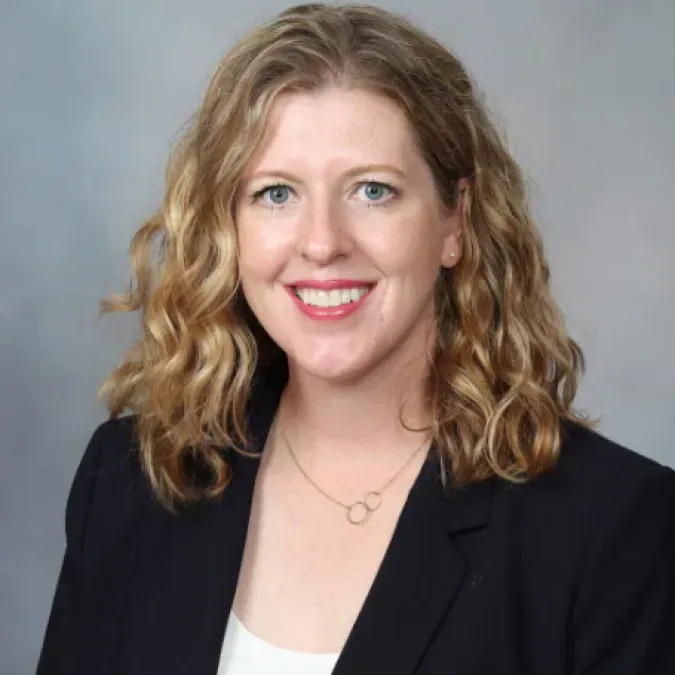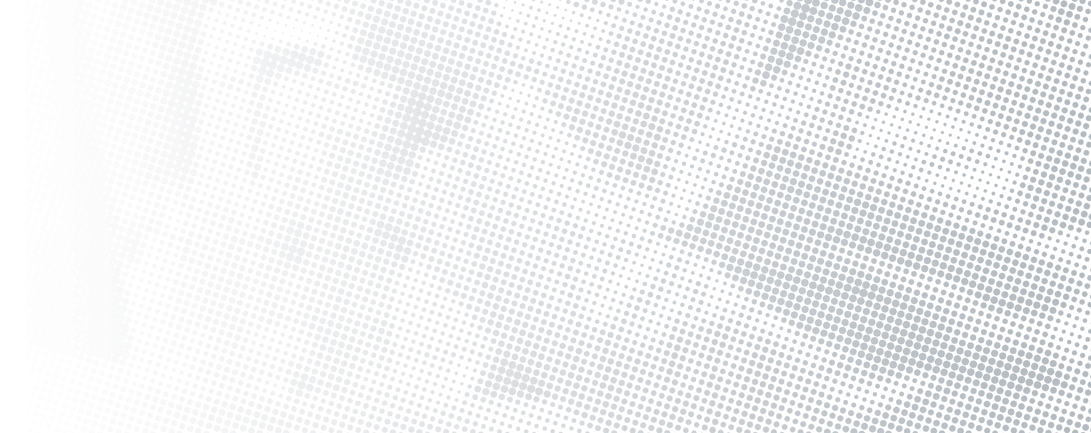Hear candid conversations between people conquering cancer — patients, their family and friends, and doctors and researchers working to help us all.
Decades ago, very few children survived Wilms tumors. Over time, however, research has improved the odds for patients like Kenedi, giving them a 93% chance of survival. That includes the type of research conducted by Dr. Allen-Rhoades, whose 2013 Conquer Cancer grant enabled her to collaborate with other scientists to search for warning signs of tumors like sarcoma. A groundbreaking clinical trial followed, focused on treating and improving survival for children with rare tumors. It was this research that Dr. Allen-Rhoades drew from to inform Kenedi’s care, and it worked: By age 8, Kenedi was in remission.
This month on our Your Stories podcast, we’re sharing a conversation between Dr. Allen-Rhoades and host Brenda Brody. Originally recorded in 2021, Dr. Allen-Rhoades tells us more about Kenedi, her resilience, the continued need for childhood cancer research, and the immense impact that donors have on young patients and their families.

Treating childhood cancer is challenging for multiple reasons. For starters, it’s rare — and rare cancers tend to receive less funding. Complicating matters further: Rare diseases yield fewer patients to enroll in clinical trials, fewer samples to study, and, consequently, lower amounts of meaningful data.
Meanwhile, the rarer the cancer, the greater that challenge becomes. So, when Kenedi was diagnosed with a particularly rare form of cancer, her family was scared. Imagine the tunnel vision, the sleepless nights, the gut-wrenching anxiety that young patients, along with their families and friends, experience after such a diagnosis, especially one that’s proven particularly resistant to treatment.
But Kenedi's oncologist, Dr. Wendy Allen-Rhoades, had a plan for her treatment — a plan rooted in research and innovation.


